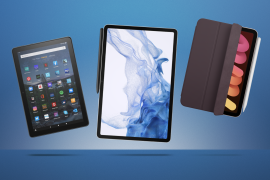Best smart home devices 2024: time to upgrade your home
From connected lighting to voice assistant speakers, these are the best smart home devices you can buy
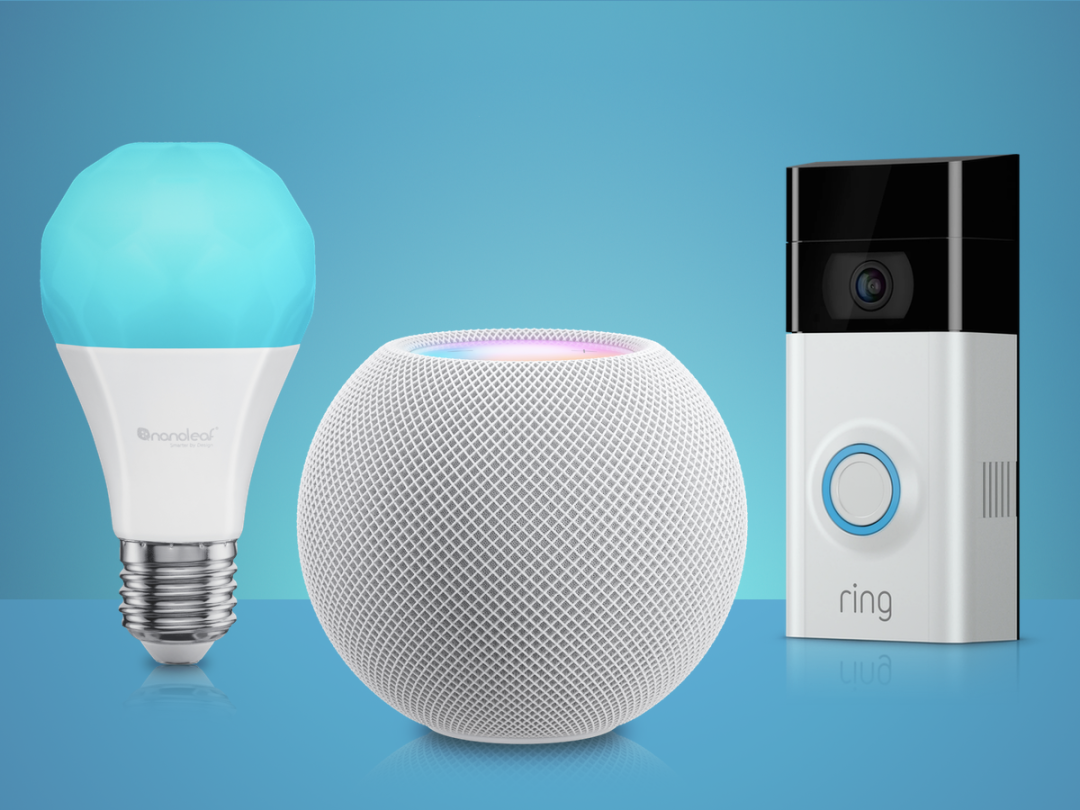
Like everyone, you’ve got a smart speaker. But how can you take your connected abode to the next level? Here’s our guide to the most appealing and useful smart home devices you can add to an existing setup to make your property smart.
From Wi-Fi fridges to TVs you can talk to, it’s easy to blow big bucks on connected gear. But you don’t have to: the best smart home devices can get your house online without making mortgage payments a problem.
Yes, smart homes are more accessible than ever. With big players such as Google, Apple and Amazon all competing to connect up your crib – plus plenty of third parties making tech to work with their systems – it’s never been easier or more affordable to transform your house into a smart home.
To help you get started, we’ve rounded up a batch of the best smart home devices. Whether you want clever bulbs to light up your living room or a connected camera to keep an eye on your kids, the gear below will help you get a brainier abode. Thanks to our list of the best smart home devices, you don’t need to knock down walls or embark on a rewiring disaster either.
The best smart speakers
- Main article: Best smart speakers reviewed and rated
Amazon Echo Dot
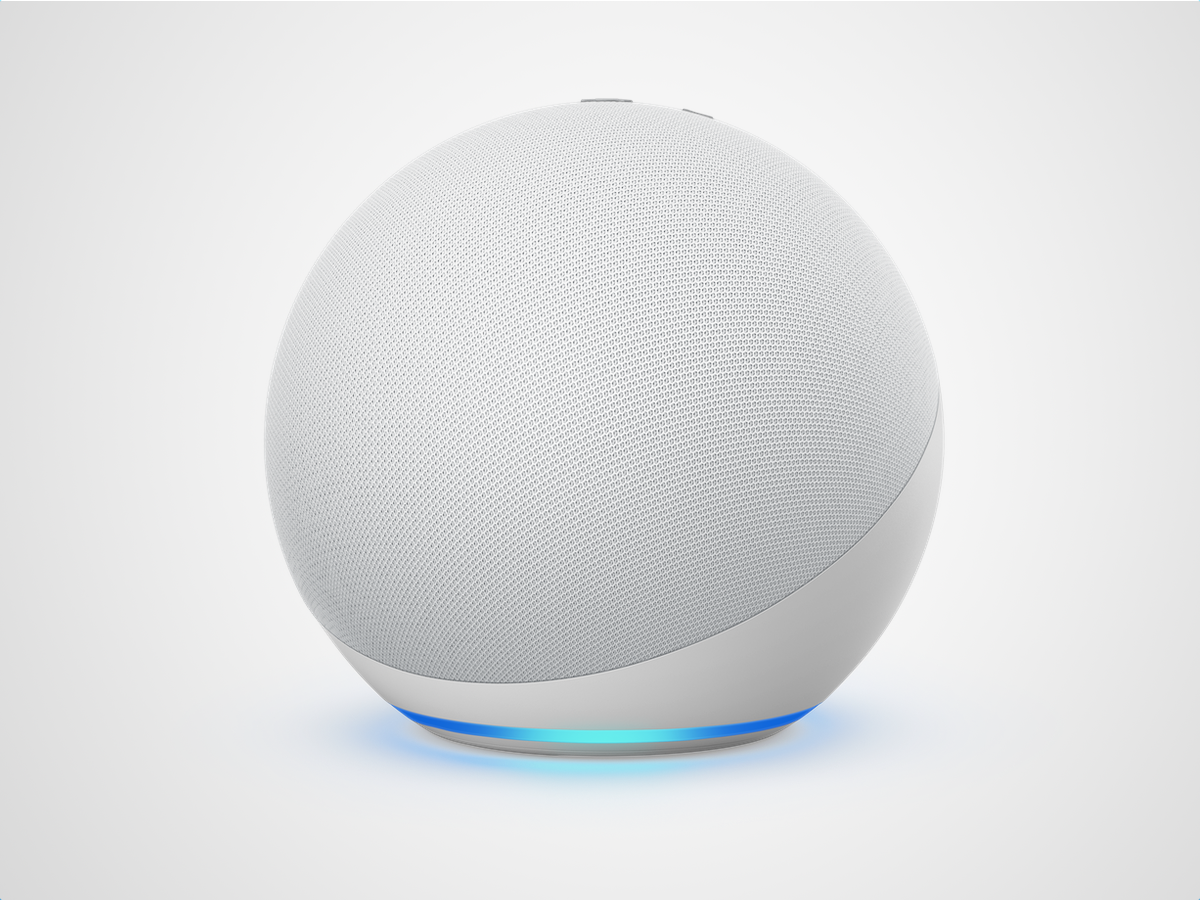
Alexa has long been on hand to offer assistance from the dinky Dot. Like its bigger sibling, Amazon’s smallest smart speaker now takes the form of a ball. Wrapped in fabric, the updated orb feels playful yet classical, with soft styling to match most decors.
Buttons on top take care of volume and privacy, while an ‘Alexa’ input lets you activate the digital helper without saying her name. Stump up an extra tenner and you’ll also get a built-in clock. Besides the time, this can highlight timers and alarms.
For those familiar with Alexa, it couldn’t be easier to set up. Sound quality is surprisingly mighty for such a compact gadget. Bass is where the smart sphere inevitably falls short, but for listening to the radio and controlling other Alexa-enabled kit around the house, it definitely gets the job done.
Google Nest Audio
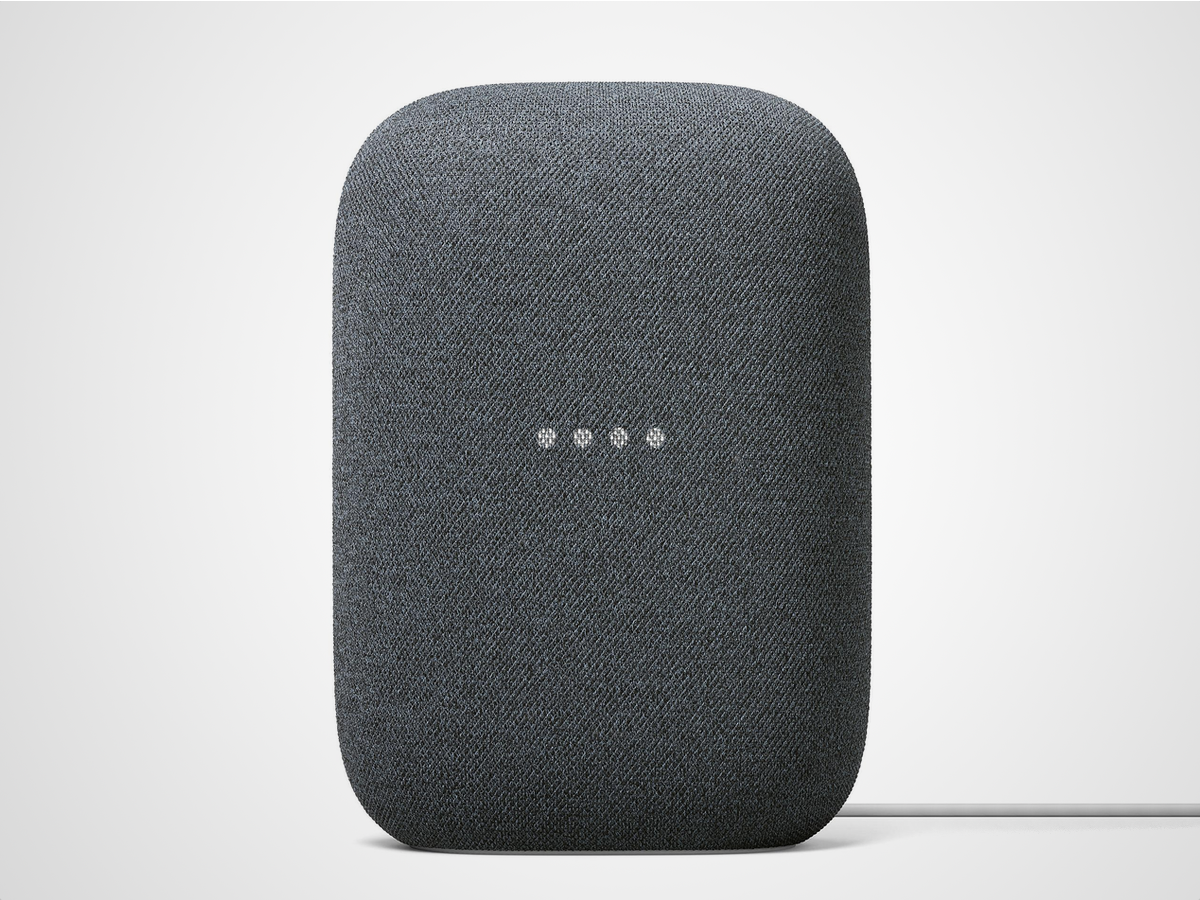
If your smart home is handled by Google, the revamped Nest Audio is a neat way to keep it under control. Its minimalist fabric finish means it fits with almost any decor, while four LEDs and a single physical button ensure the interface is foolproof.
While its sound quality won’t satisfy audiophiles, a 75mm woofer and a 19mm tweeter mean there’s plenty of full-bodied punch – so it’s perfect for everyday listening. Want more dynamism? Pair it with a second Nest Audio for a full stereo setup.
The Nest Audio ships with a machine-learning engine, which delivers quicker local processing of common commands. Three near-field mics do a solid job of detecting requests – whether that’s turning off the lights or battling the trivia ‘bot. For under a ton, the Nest audio is a properly smart package.
Little and large
Want the skills of Google Assistant in a smaller fabric blob? Add a Nest Mini to your shelf. It doesn’t pack the acoustic punch of the Audio, but it’s fine for podcasts, recipes or weather updates. Plus far-field voice recognition ensures you don’t have to shout to be heard. Buy it here
Apple HomePod Mini
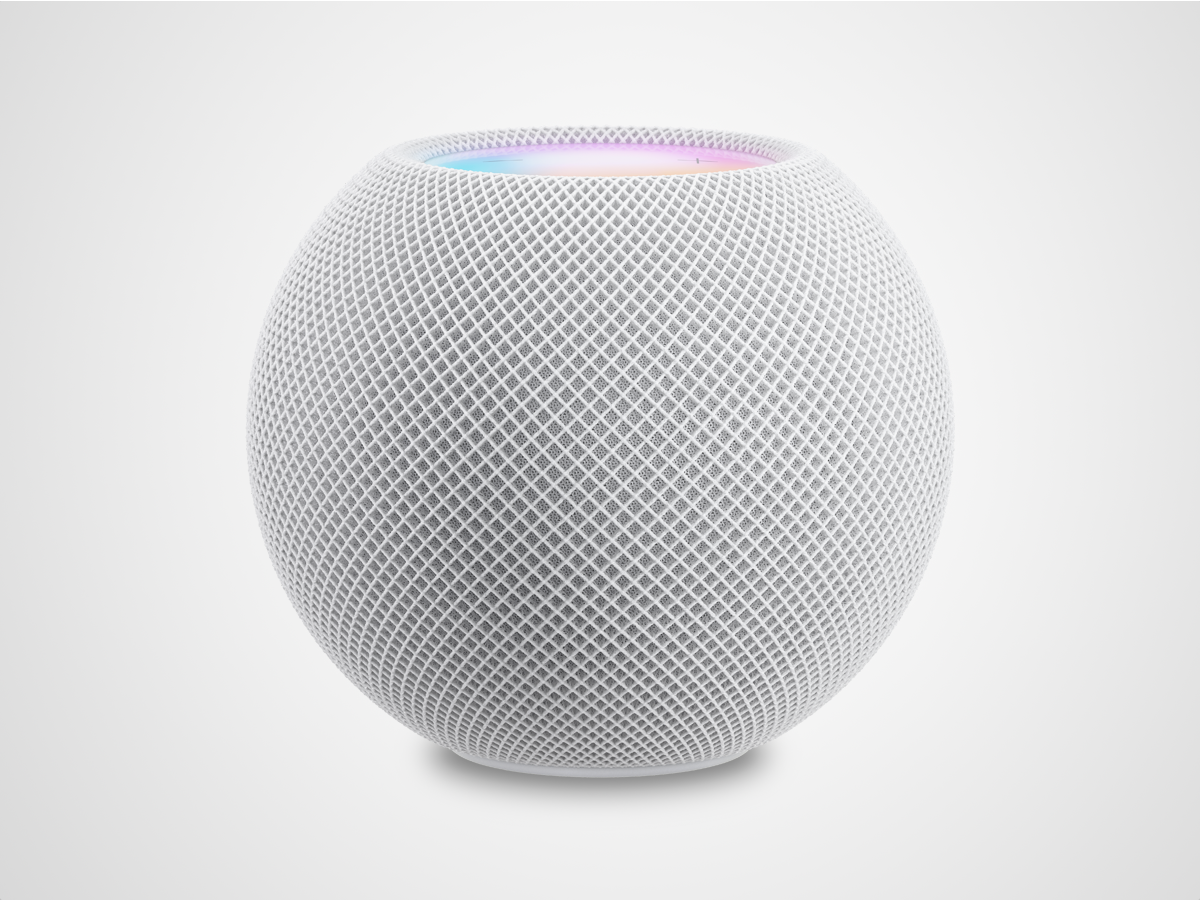
Not to be outdone, Apple has a domestic dome of its own. And it knows the dress code: like both the Echo Dot and Nest Audio, the HomePod Mini wears a natty fabric jacket. It also features a touch-sensitive top for easy interaction.
With Siri at its heart, the HomePod Mini can handle all the usual smart speaker tasks – setting timers, checking the forecast, creating calendar events – plus it works as a HomeKit Hub for controlling your smart stuff.
The Mini also squeezes surprisingly solid sound into such a small unit. It can’t make hi-fi claims like the original HomePod, but its single driver does a stellar job of serving up energetic sound in 360. If you’re already embedded in the Apple ecosystem, this is a great way to get connected.
The best smart displays
Amazon Echo Show 5 (2nd gen)
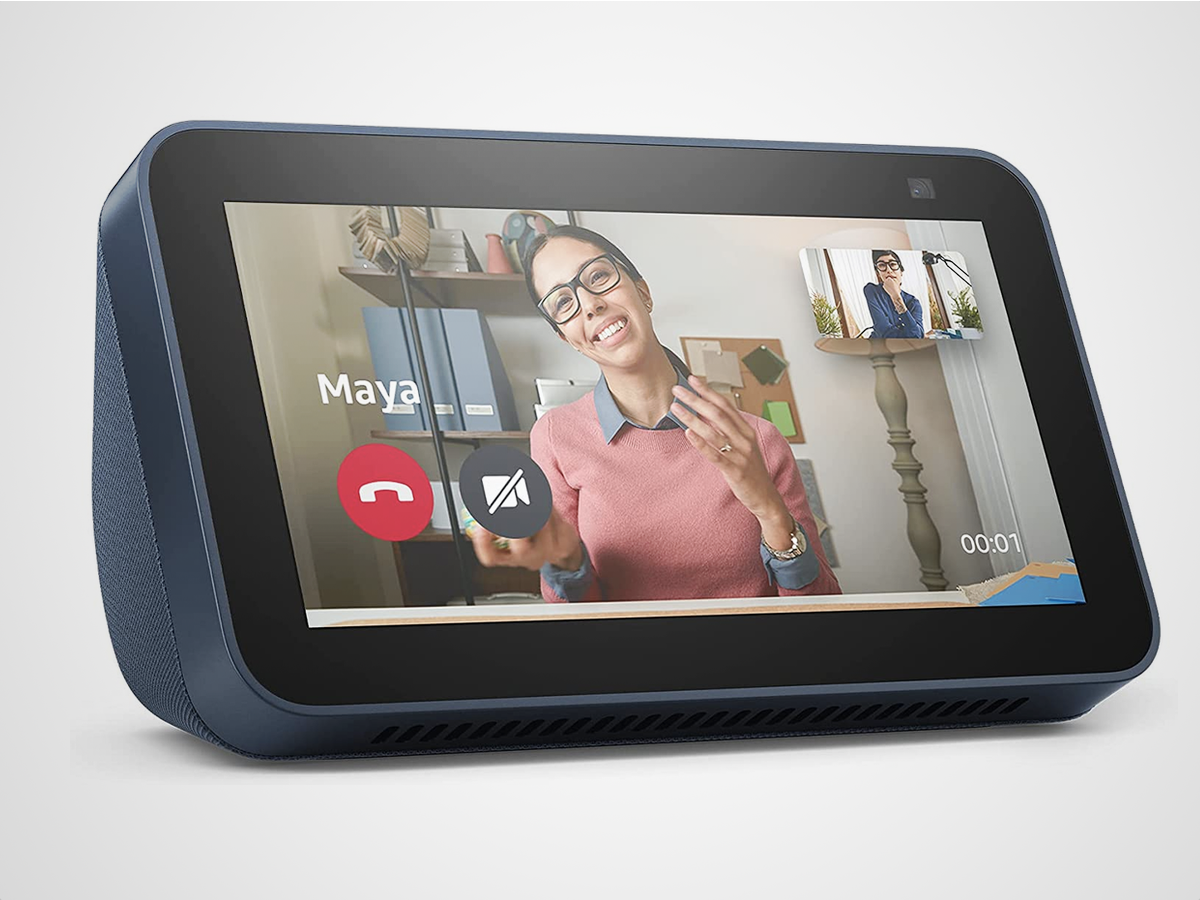
Amazon’s Echo Show 8 might get more attention, but its pint-sized relative is a great way to add visual smarts to any space. Admittedly, the Echo Show 5 won’t win awards for its specs: at 960×480, the 5.5in screen is low-res, while its 2MP camera and solitary 1.65in speaker are beaten by most smartphones.
But that’s missing the point. The Echo Show 5 is a smart display you can drop just about anywhere – whether that’s your kitchen counter, your bedside table or beside your bathroom sink.
It’s super simple to set up, yet also packs all the power of Alexa, supports pretty much every streaming service and the camera can double-up as a remote security guard. Plus you can pair it with the sold-separately stand for perfectly angled video calls.
Google Nest Hub (2nd gen)
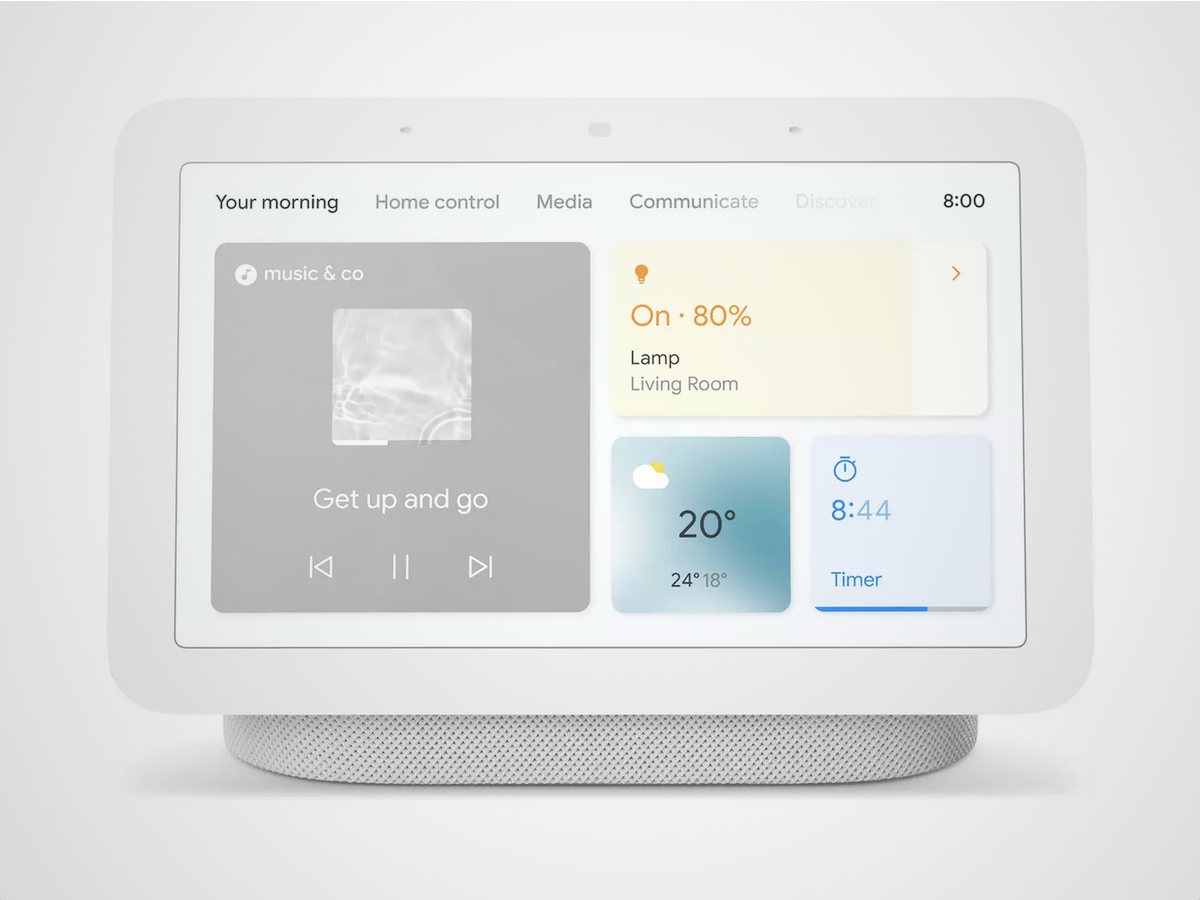
Google’s second-gen Nest Hub is a simpler display than the Nest Hub Max, but it also sets you back less than half the price. So you don’t get the clever face-recognition camera or the punchy speakers of the bigger version. What you do get for your $90/£90 is a compact yet clever control panel that’s a top choice for countertop smarts on tap.
Its 7in display is small, but the clear interface makes navigation a cinch. Plus three mics ensure it’s easy to ask Google Assistant to do your bidding, from switching on the lights to cuing up another YouTube cooking video.
And even though there’s no lens, Motion Sense smarts mean you can wave your hands to activate Quick Gestures – ideal if you need to stop a timer but your mouth’s full and your hands are covered in the evidence of your chocolate gobbling.
Logitech Base Charging Stand
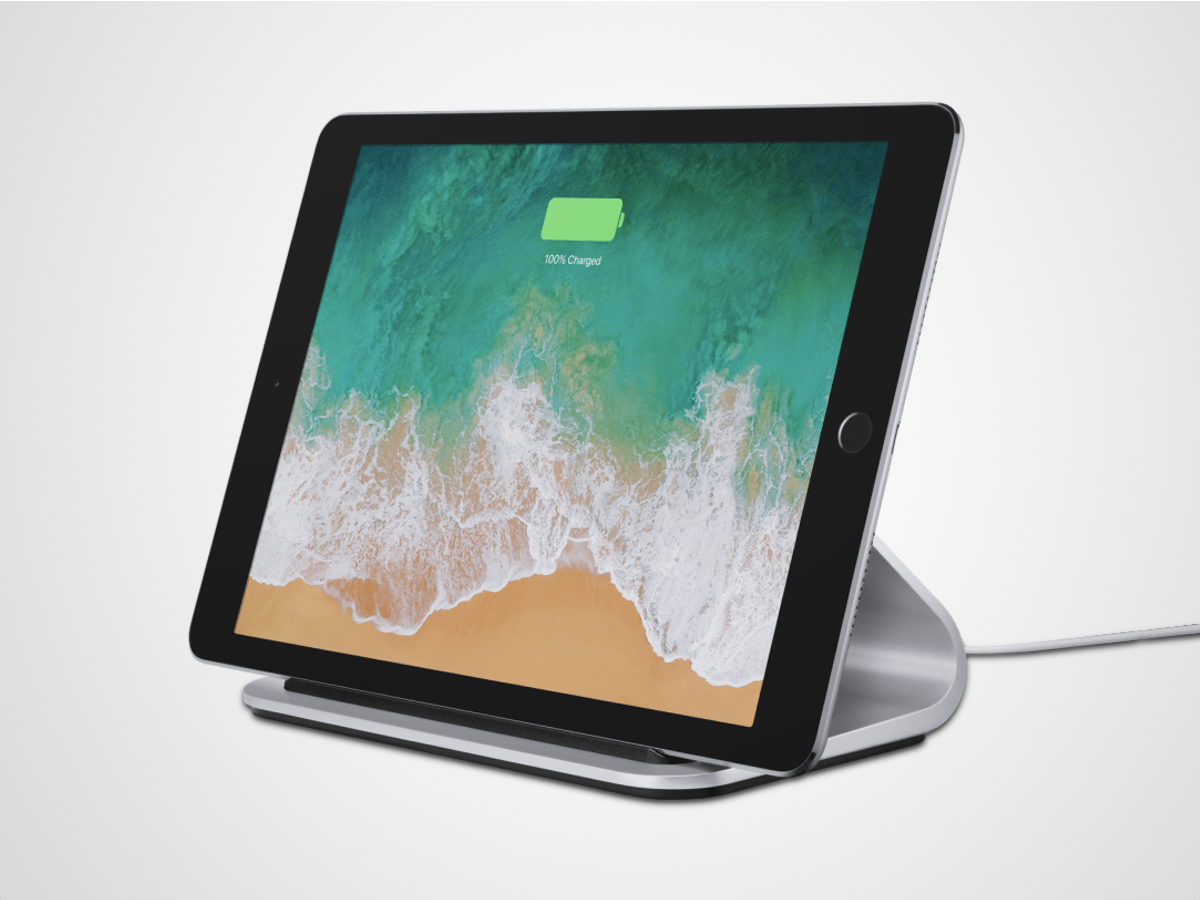
Apple doesn’t make a dedicated smart display (yet), but that doesn’t mean you can’t put a Cupertino touchscreen at the heart of your smart home. Drop an iPad with a Smart Connector on Logitech’s Base Charging Stand and – voila! – you’ve got a connected control panel.
Power is delivered via the Smart Connector, while the stand itself props the panel at a 70-degree angle – perfect for video calls, streaming and managing devices via the HomeKit app. While Apple’s latest tablets aren’t supported, you can easily pick up a compatible iPad online, or repurpose an old one from your tech drawer.
With Siri on-board and thousands of apps on tap (including Google and Amazon services), an iPad is the perfect partner for the Base – transforming from second screen to DIY smart display.
The best smart security tech
- Main articles: The best video doorbell, Best Ring doorbell, Best outdoor security camera and finally the best indoor security camera
Neos Smartcam
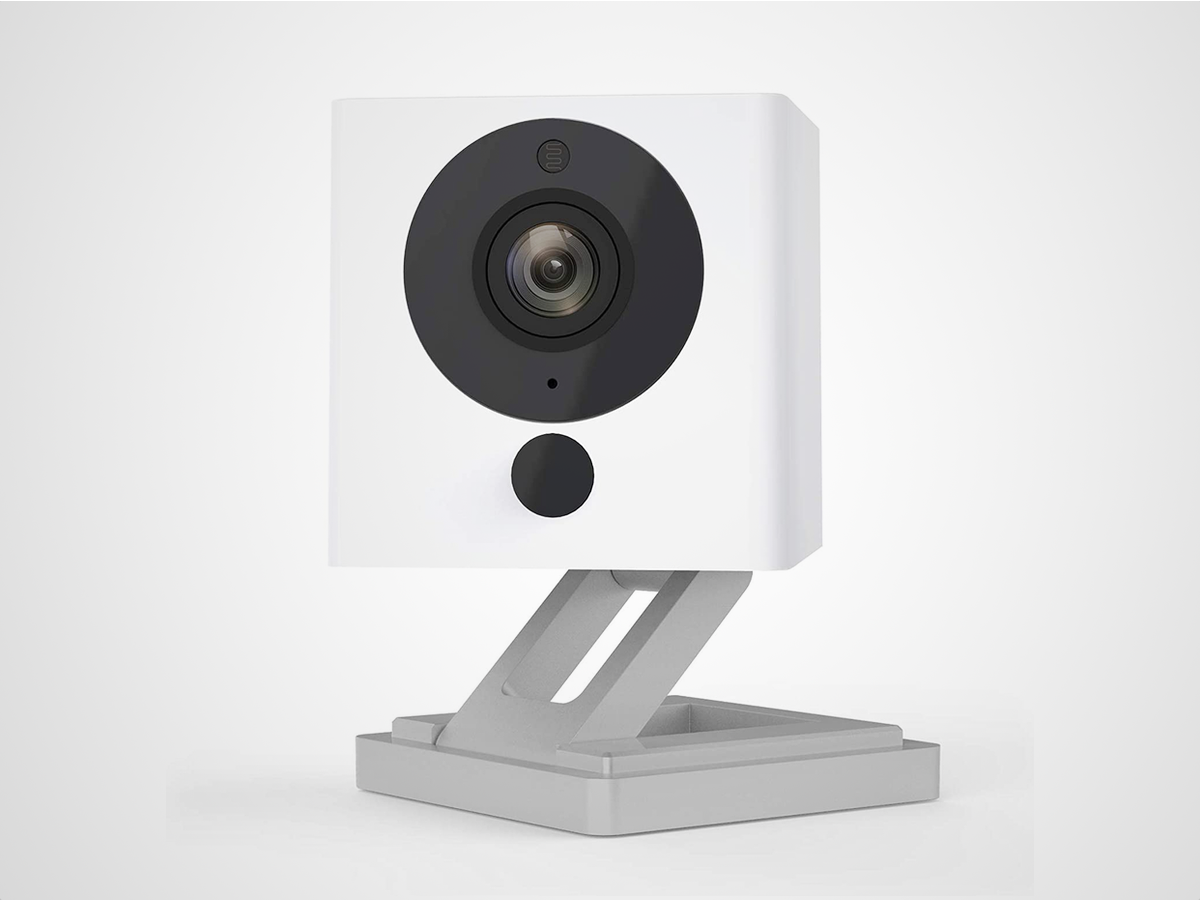
Things can happen fast at home: it only takes Fido a second to sniff out freshly baked snacks. Luckily, you won’t miss a thing with this miniature monitor.
A compact cube for smarter security, the wireless watcher keeps a 1080p eye on interior scenes. With the SmartCam connected to your Wi-Fi, you can drop in for a live view any time via the Neos SmartHome app – or receive instant alerts when it detects motion. Fido lurking by the counter? Tap the talk button to tell him where to go.
Infrared night vision ensures 24/7 surveillance, while Alexa compatibility means you can view a live feed on Echo Show devices. Stick an SD card in the slot for continuous offline recording or stash snapshots in the cloud, with free storage of 12-second clips for up to 14 days. Want longer recordings? A Neos Boost subscription will set you back $3/£2.49 per month and unlock longer clips, custom activity zones and scheduling.
Outside eyes
Want a wireless watcher that can work outdoors? Amazon’s own line of security cameras includes the Blink Outdoor – a weather-resistant cam with a two-year battery life. Buy it here
Ring Video Doorbell (2nd Gen)
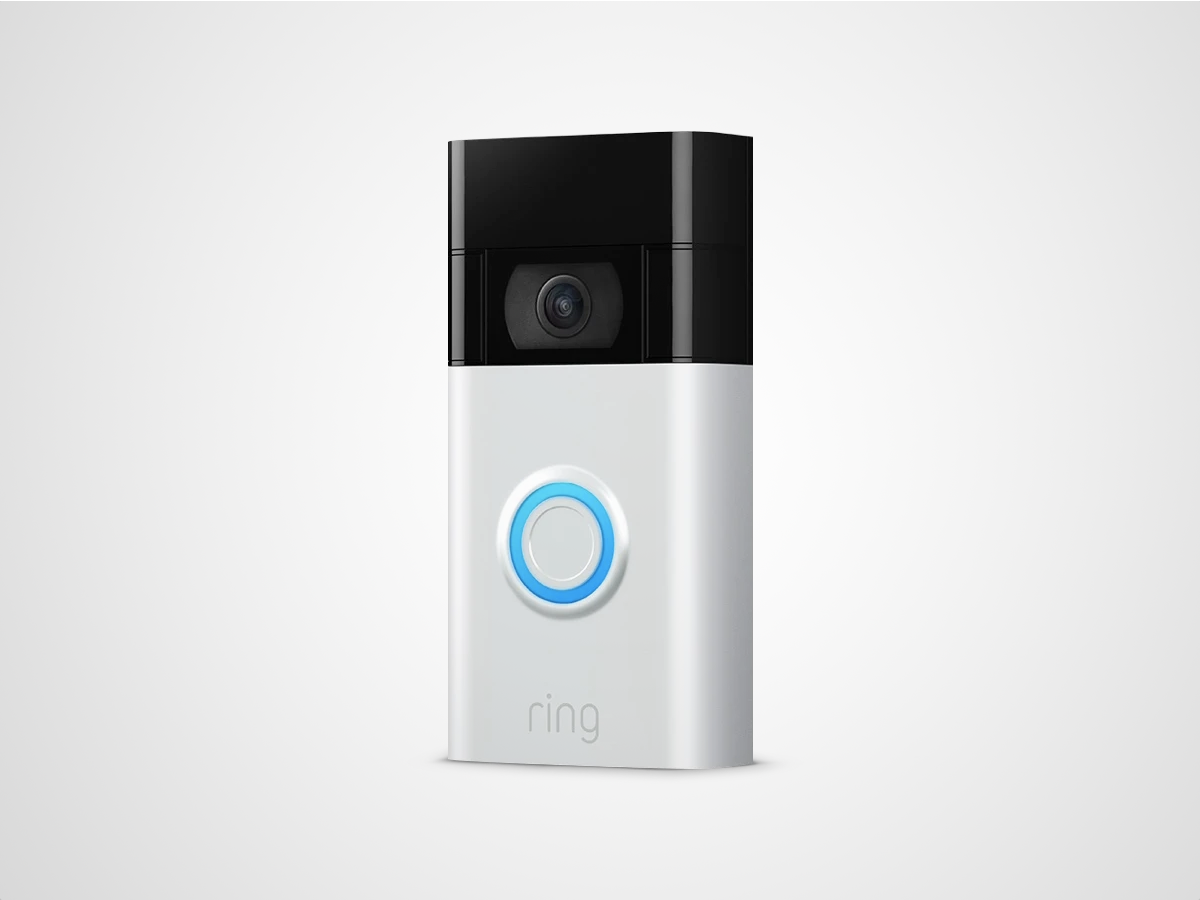
Wi-Fi doorbells can’t open the door for visitors, but they can help you decide whether it’s worth getting off the sofa to do so yourself. Equipped with cameras, these digital bouncers ping real-time alerts to your smartphone when someone pushes their button – and offer a live video of the doorstep lurker.
While it’s not the very latest video doorbell you can buy, the second-gen Ring is still a decent dinger. You get 1080p footage from your front door, as well as night vision, motion detection and two-way talking – so you can tell calling couriers where to stash your packages, even if you’re not at home.
Connected to your Wi-Fi network, the rechargeable Ring plays nice with Alexa and can stream a live feed to Echo Show devices. Stump up $3/£2.50 per month for Ring Protect to unlock additional features, including the all-important option to record, save and share captured videos.
Hive Window or Door sensor
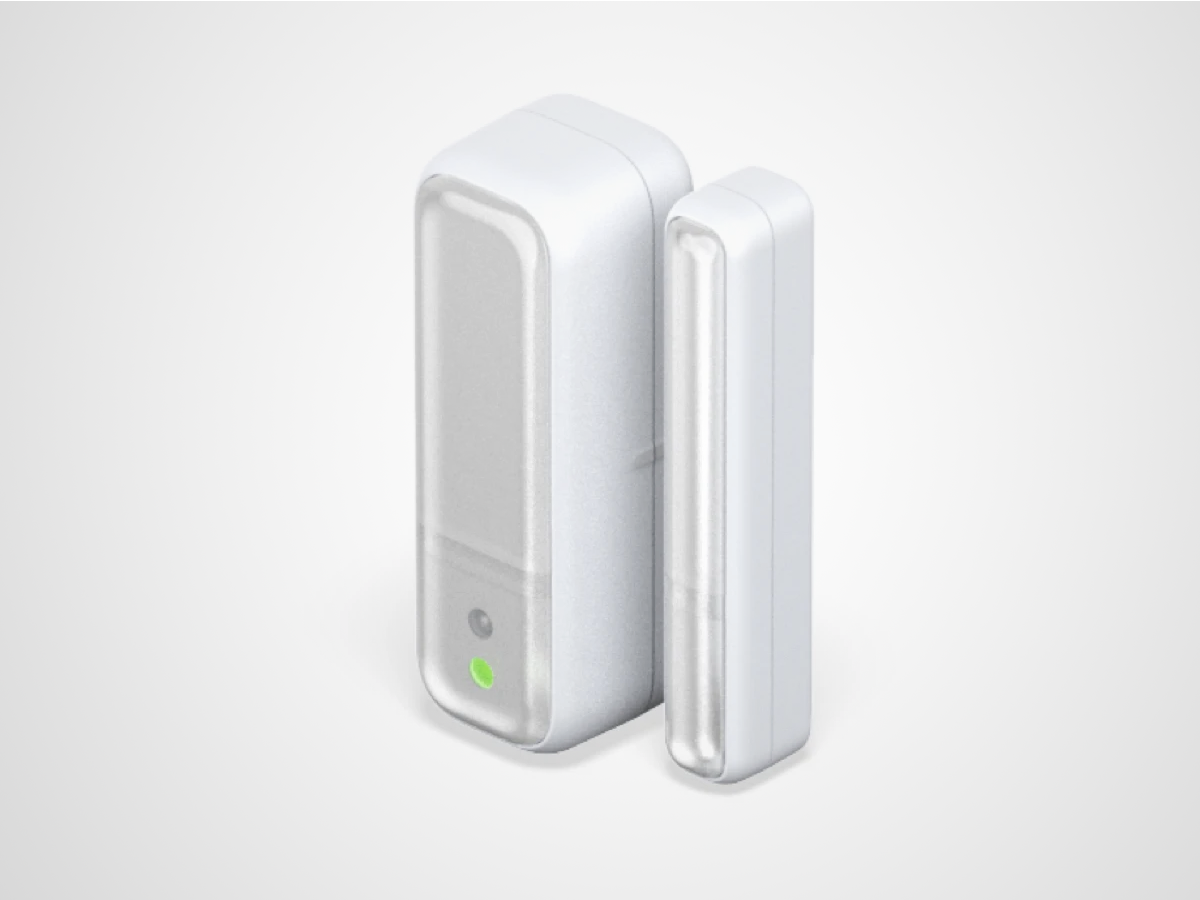
There’s nothing worse than getting halfway to work, only to wonder if you left a window wide open. For peace of mind about your portals, stick Hive’s sensor on openings around your home.
Fire up the app and you can check the status of every sensor. Safer still, configure the system to send alerts to your smartphone or Apple Watch if a door or window is opened while you’re away.
Got other Hive gear at home? Hook up the sensors for clever integrations, like lights that switch on when you open the door or heating that disables if a window’s open. You can also add them to Hive’s HomeShield alarm system for total security, including smart reports and 30-day event history from $15/£10 per month.
The best smart plugs
- Main article: The best smart plugs: Alexa, Google, and Siri support
Amazon Smart Plug
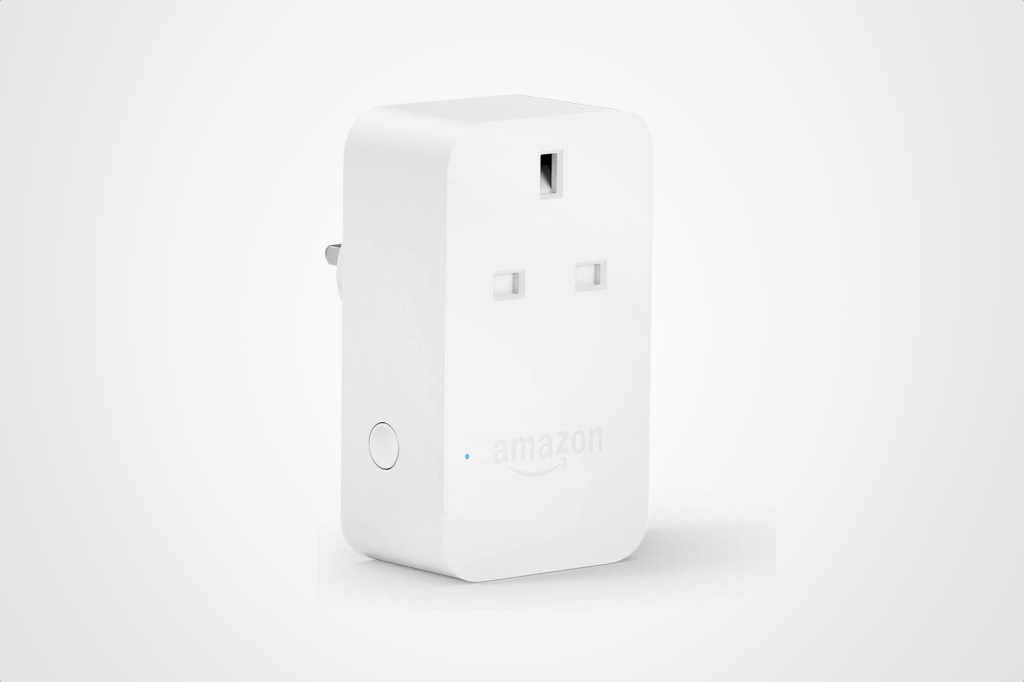
Replacing perfectly serviceable appliances with smart substitutes is expensive and wasteful. For an upgrade that doesn’t involve a trip to the tip, use Amazon’s Wi-Fi Smart Plug to enhance your existing electronics.
From coffee machines to standard lamps, connect any bit of kit to the outlet and it’ll instantly become cleverer. Provided you have an Alexa-enabled device at home (such as an Echo or Fire TV), you’ll be able to ask the voice assistant to switch the socket on or off.
More than just a switch, you can also integrate the Smart Plug – or several – into routines and schedules through the Alexa app. So you can set the coffee pot to activate automatically at 7am, followed by the kitchen radio when you say ‘good morning’.
Elgato Eve Energy
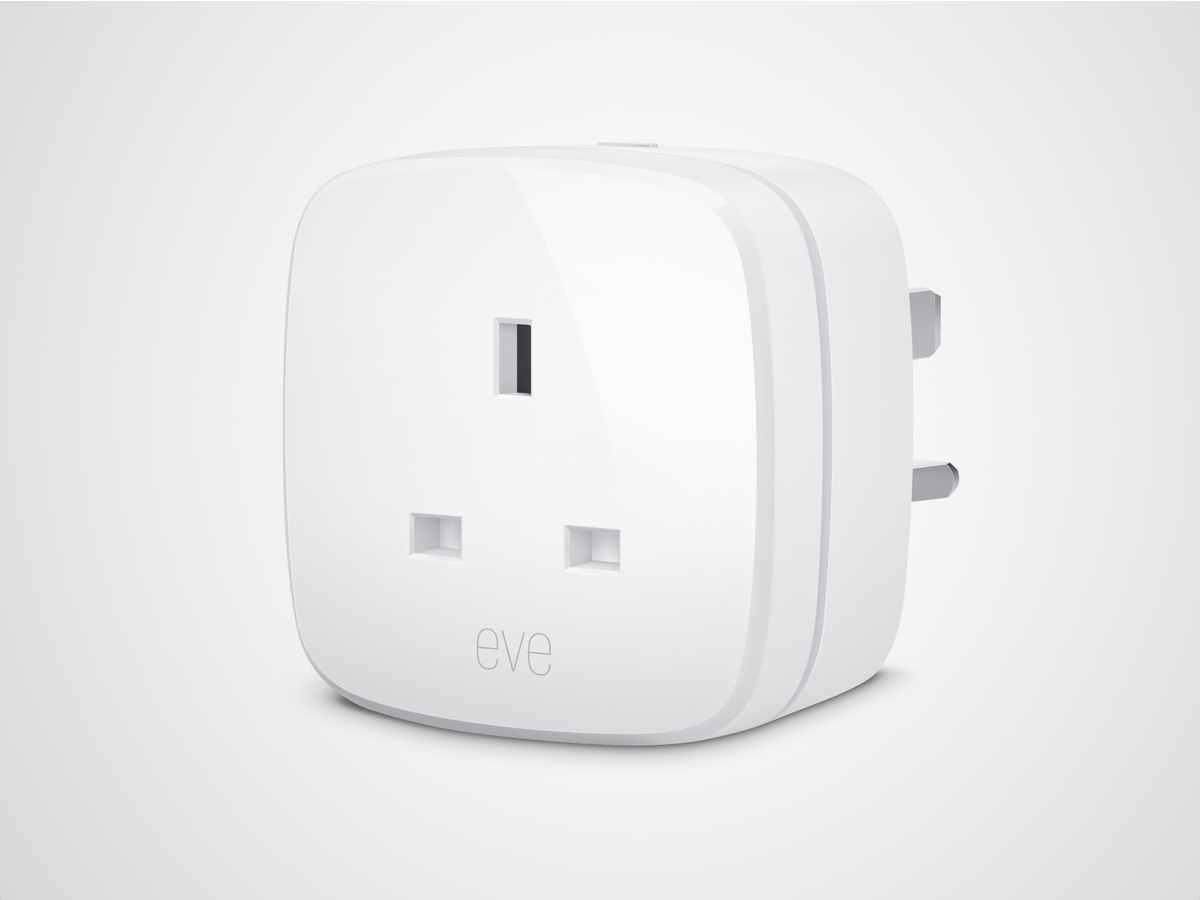
Wi-Fi isn’t the only way to smarten up your sockets. Elgato’s Eve Energy uses Bluetooth for more efficient kit control. Like the Kasa adapter above, simply add it to a standard plug and you can wirelessly switch it on or off.
Things get even smarter when you launch the dedicated app on your iPhone or iPad, where you can configure schedules for automated appliance activation – independent of your internet connection. The app also offers up insights into your energy usage, highlighting how much power individual devices are consuming, plus projected costs.
The Eve Energy plays nice with HomeKit too, so you can instruct your sockets using your voice, while Thread mesh support means it’ll help to extend the reach and reliability of your smart home.
Who goes there
Elgato’s Eve Motion is a wireless motion sensor which can be programmed to trigger all sorts of HomeKit recipes, from switching on your smart lights to enabling the kettle connected to your Eve Energy. Buy it here
Meross Smart Plug
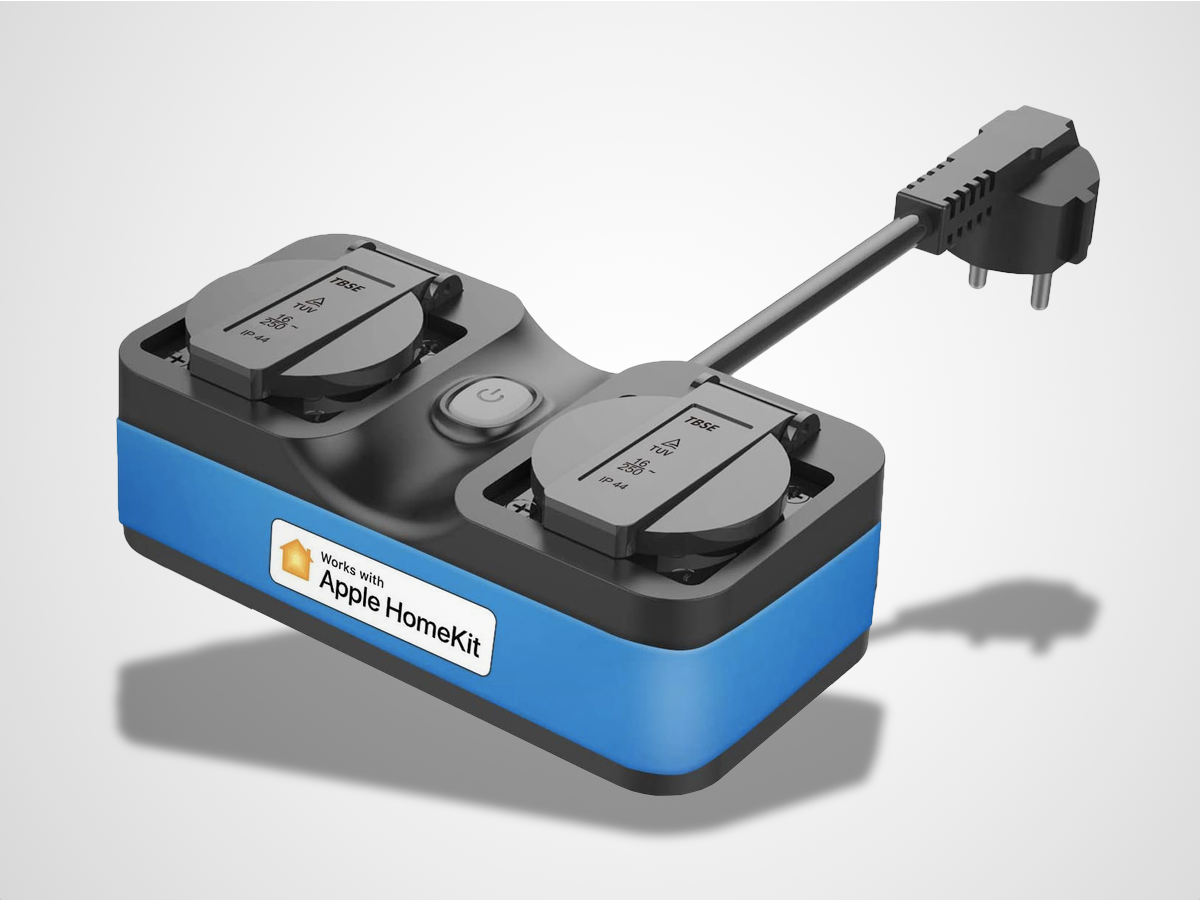
It takes more than four walls to make a smart home. Don’t forget the garden: for smarter power outside, add this waterproof twin socket to your patio, porch or patch of grass.
Like any good outdoor power solution, it’s built tough with IP44 rain and dust resistance. Unlike your average extension lead, though, it’s also compatible with every major smart home platform – that means Alexa, Google Assistant, Apple HomeKit, SmartThings and IFTTT.
From lights to sprinklers to the pump for your imaginary pool, the Meross multi-plug lets you control all your garden gear directly via Wi-Fi, as well as setting schedules and timers. Each socket can be enabled individually, too.
The best smart lighting
- Main article: The best smart light bulbs
Nanoleaf Essentials A19
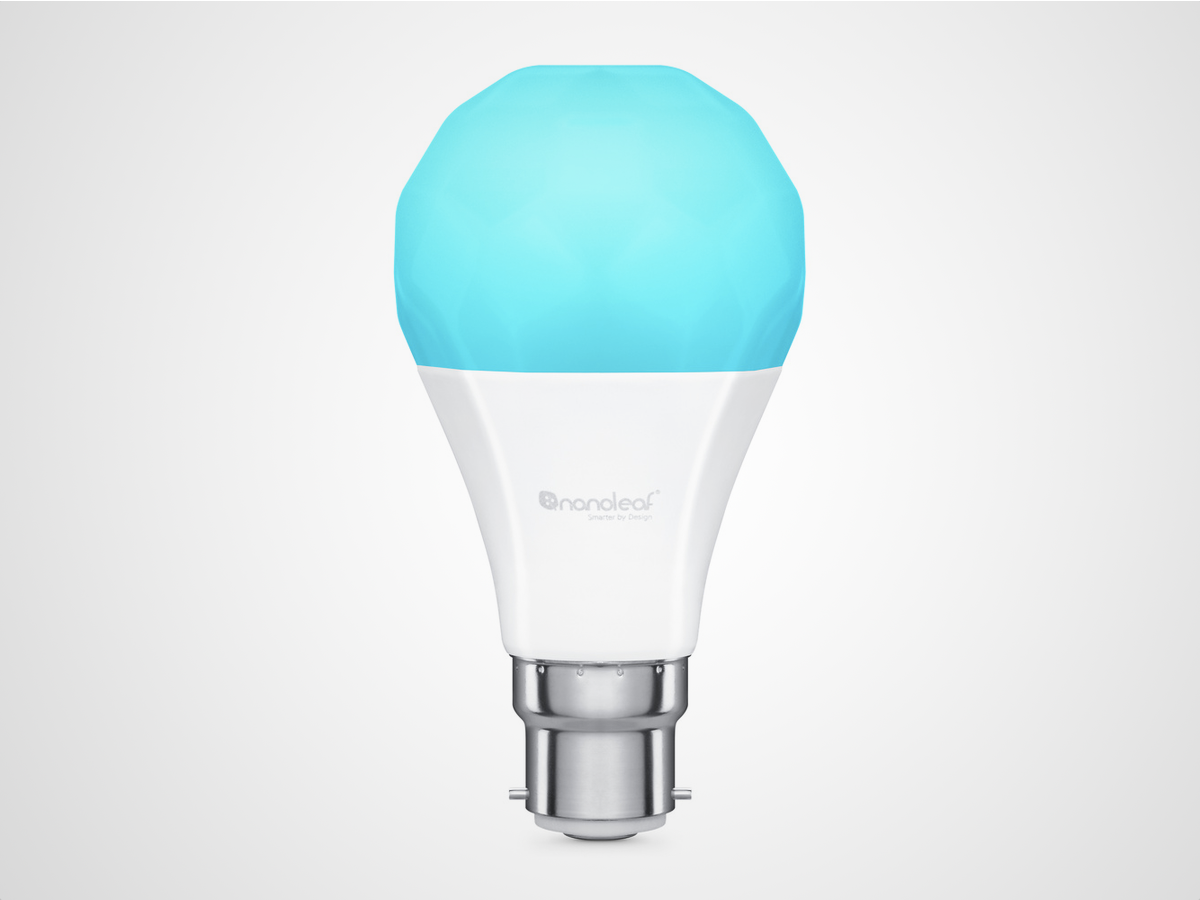
Smart bulbs shouldn’t blind you with their price tags. Luckily, Nanoleaf’s Essentials range offers Wi-Fi brightness without draining your savings.
Shipped with several screw styles, each bulb offers millions of colours on tap, adaptive brightness and custom schedules through the app. And you don’t need any separate hub or bridge to get online: simply stick it in a spare fitting, scan the barcode on the box and you’ll be gleaming.
The best bit? Bulbs cost less than $25/£20 each. Start with one for smarter saturation – plus Circadian Lighting to boost your mode – before seamlessly expanding your connected setup as and when you need. They’re Thread-enabled, too, meaning they can join a mesh network with compatible smart kit – extending control around the house for fewer dropouts.
Strip show
Nanoleaf’s Essentials range also includes a simple Lightstrip. At two metres, it’s the ideal length for uplighting your living room or gaming den – and it ships with everything you need for a glow up. Buy it here
Lifx Lightstrip

Run a monochrome light strip along a counter, column or desk for dramatic uplighting. Do the same with this two-metre strip from Lifx for a rainbow showcase to transform any room.
More than a saturated strip, the adhesive ribbon features eight glow zones along its length, each of which can shine a different shade. Pick from presets in the partner app or go wild with colour combos to paint your walls with light.
A single Lifx Lightstrip packs 1400 lumens of vibrant brightness and can be extended up to 10m, so even the biggest abodes can be bathed in better ambience. Plus it plays nice with Amazon Alexa, Google Assistant and Siri – no hub necessary.
Innr Smart Bulb set
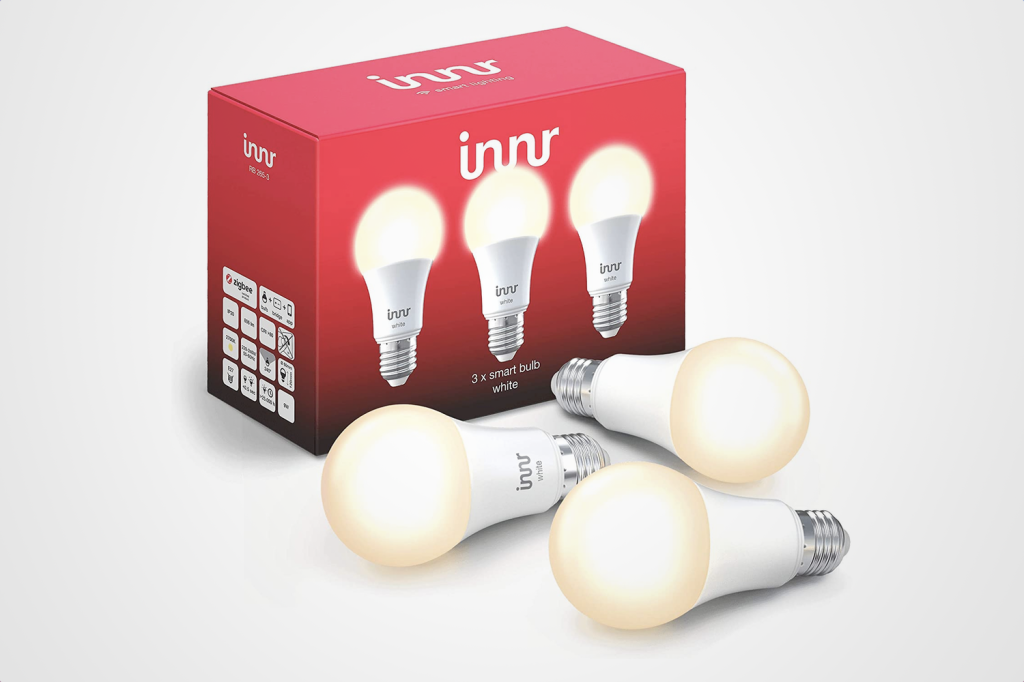
Intelligent illuminations are an important part of smart home setup. Trouble is, installing a smart bulb behind every shade soon adds up. For a brighter abode without breaking the bank, start be swapping three standard shiners for the warm white ones in this triple pack.
Innr’s smart bulbs don’t offer the multi-colour magic you might want for your cinema room, but they do support wireless dimming, scheduling and smart scenes. Plus you can control them even when you’re not at home.
The bulbs also support voice control via Google Assistant and Alexa, although you will need a separate hub to get set up. Innr sells its own Bridge, although the bulbs also work with most mainstream systems, including SmartThings, Zigbee and Philips Hue (albeit sans HomeKit compatibility). Owner of an Echo Studio, Echo Show 10 or fourth-gen Echo? You won’t need any additional hardware, because these devices double up as Zigbee bridges.
The best smart TV streaming sticks
- Main article: The best TV streaming sticks and devices
Roku Streaming Stick 4K
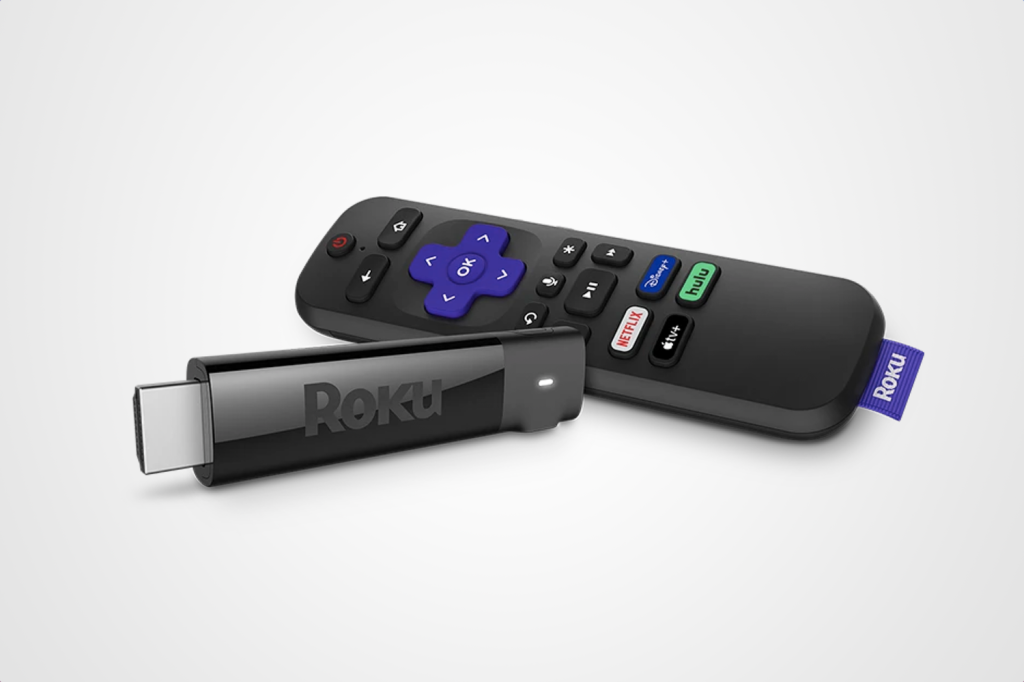
Roku cut its teeth with affordable streaming sticks. While its latest streamer stays true to the budget brief, it’s no cut-price solution for smart home entertainment.
Support for pretty much every major streaming platform – including Disney+, Apple TV and BT Sport – means it’s one of the most versatile devices you can stick behind your TV. Provided your set has an HDMI port compatible with HDCP 2.2, it can serve up delicious 4KD HDR video at 60fps. It also supports HDR10/10+, HLG and Dolby Vision.
The simple remote makes it straightforward to navigate all that content. Prefer to ask your voice assistant what’s on? Roku doesn’t play favourites: the Streaming Stick 4K works with Alexa, Google Assistant and Siri, so you can load up shows any which way you want. And thanks to improved Wi-Fi range, that should happen more speedily.
Chromecast with Google TV
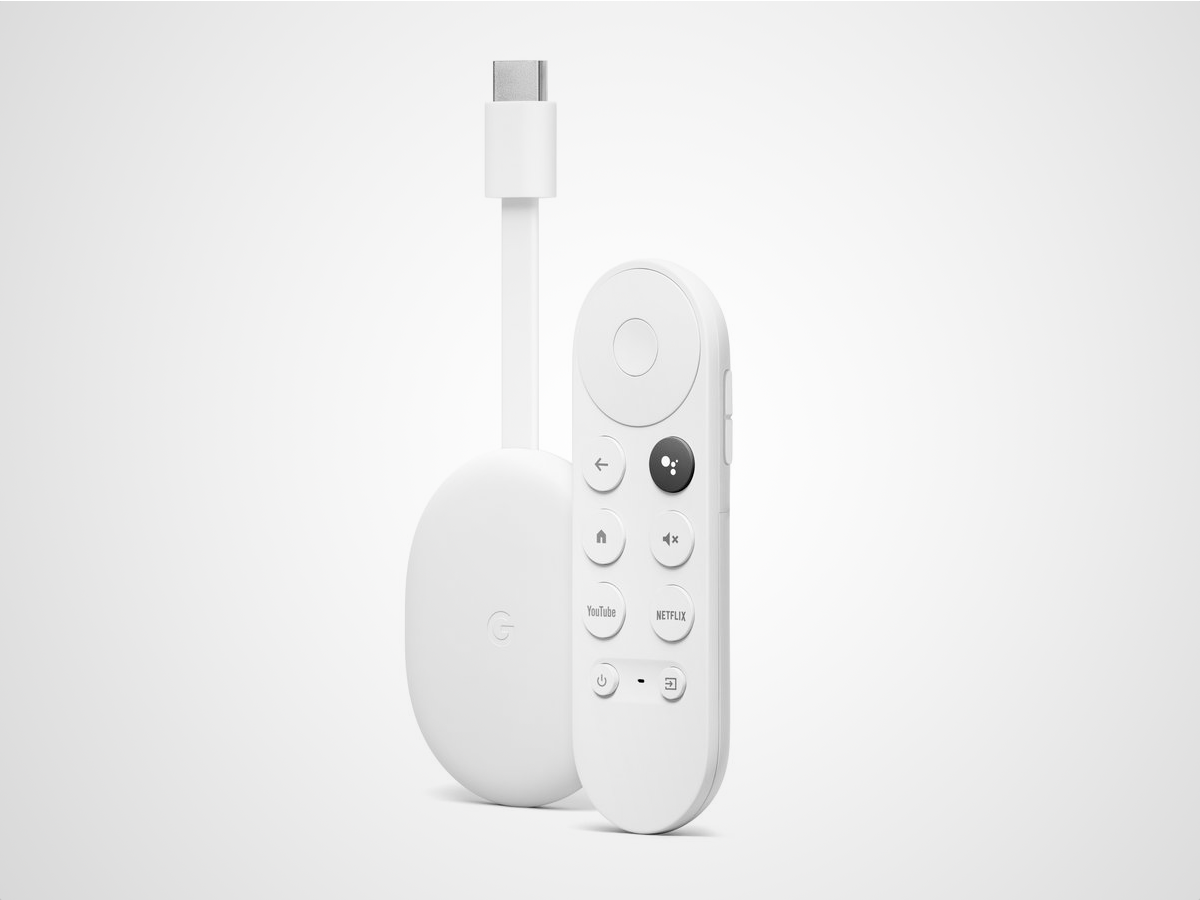
Google’s standard Chromecast receiver makes it a cinch to cue up web content on your telly box. While you can still ‘cast’ to the updated plug-in puck, it’s become much more than a passive receiver: equipped with Google’s TV interface, it’s now a proper smart streaming system for you TV.
Google’s entertainment hub pulls together content from multiple services on a single screen, with personal recommendations from across all of your favourite platforms. Chromecast also supports more than 6500 apps, which means you’ll always have something to watch.
Streaming quality is slick, with sharp 4K HDR at up to 60fps, plus support for cinematic Dolby Atmos, Dolby Vision and HDR10+. And thanks to the bundled remote, Google Assistant’s support is just a press away – whether you want to load up a show or view a live feed from your doorbell.
Amazon Fire TV Stick 4K Max
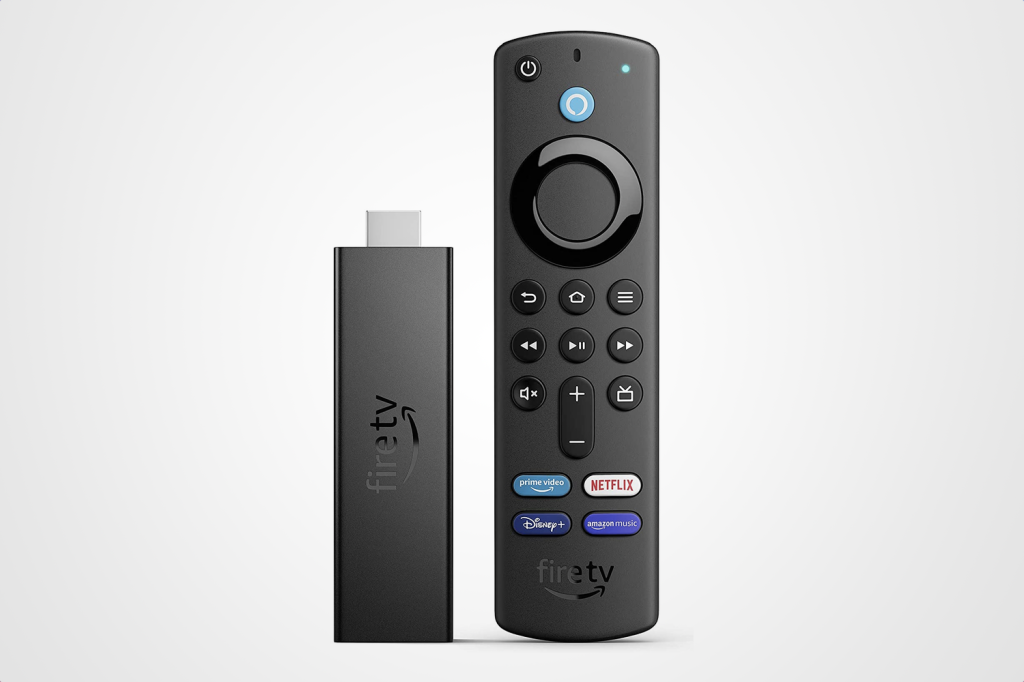
This binge-watching stick will transform your telly into an Alexa-powered smart screen. Connected to a spare HDMI slot on the back of your set, it can stream stunning 4K content from almost all of your favourite services.
Support for Dolby Vision, HLG and HDR10/10+ means you get the latest visuals, while Wi-Fi 6 ensures the strongest possible connection. There’s Dolby Atmos as well, for more immersive audio (if your sound setup supports it).
Extra memory and processing power ensures the interface is as zippy as ever, although Amazon still puts its own shows first in the recommendations. That’s not necessarily a bad thing, provided you’re a Prime subscriber. If you are, you’ll find the Fire TV Stick 4K Max is the perfect complement to your existing setup: with Alexa built into the box, one request is all it takes to load up shows, navigate apps and control your connected kit.
What smart ecosystem should you go for?
Amazon Alexa remains the GOAT of smart assistants. The number of Alexa-powered Echo devices out there is now in the hundreds of millions, and Alexa’s prowess shows in its accurate responses. And it’s no longer audio-only: the Echo Show range of smart displays is getting better at serving as an effective touch interface, rather than just being voice-controlled with a tacked-on screen.
While Alexa is still a little ahead for controlling the smart home, Google Assistant’s everyday charm is compelling. What sets it apart is its ability to rely on a certain massive search engine and the info it stores about just about everything. Local bus times? No bother, and it’ll even tell you how long it will take to walk to your stop. Google Assistant is also top-notch with follow-up questions, making it able to be more conversational than Alexa or Siri.
Once seen as a part-time lover, Apple’s HomeKit is now a serious smart home ecosystem with hundreds of devices supporting it – and, of course, native support on Apple devices via the Home app. As a simple system to use, it can’t be beaten – even device setup is relatively easy.



